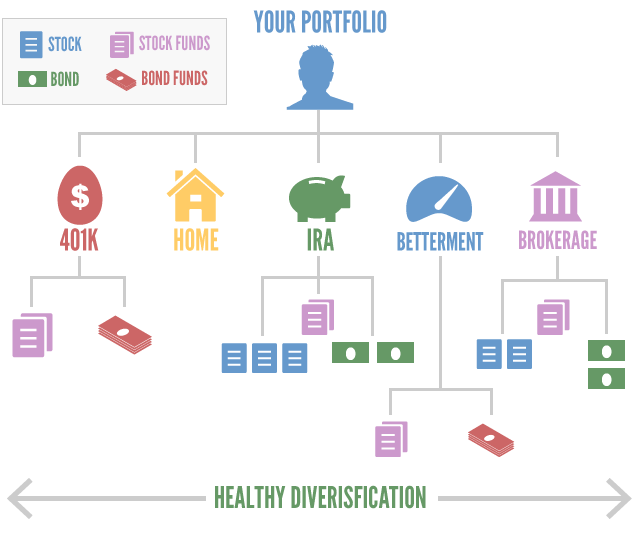If the idea of purchasing the stock market scares you, you are not alone. Individuals with really restricted experience in stock investing are either terrified by scary stories of the average financier losing 50% of their portfolio valuefor example, in the two bearishness that have actually currently happened in this millennium or are seduced by "hot suggestions" that bear the promise of huge rewards however hardly ever settle.
The reality is that buying the stock exchange brings risk, but when approached in a disciplined manner, it is one of the most efficient methods to develop one's net worth. While the value of one's home generally accounts for the majority of the net worth of the typical private, many of the affluent and extremely rich typically have most of their wealth purchased stocks.
Key Takeaways Stocks, or shares of a business, represent ownership equity in the firm, which provide shareholders voting rights as well as a residual claim on corporate revenues in the form of capital gains and dividends. Stock exchange are where individual and institutional financiers come together to purchase and offer shares in a public place.

For instance, a private or entity that owns 100,000 shares of a company with one million impressive shares would have a 10% ownership stake in it. The majority of business have impressive shares that run into the millions or billions. Common and Preferred Stock While there are 2 main types of stocktypical and chosenthe term "equities" is synonymous with common shares, as their combined market price and trading volumes are many magnitudes bigger than that of preferred shares.
Preferred shares are so postheaven.net/sandurriew/if-the-idea-of-investing-in-the-stock-market-terrifies-you-you-are-not-alone named since they have preference over the common shares in a company to receive dividends in addition to properties in case of a liquidation. Typical stock can be more classified in terms of their ballot rights. While the basic property of typical shares is that they must have equal voting rightsone vote per share heldsome business have double or multiple classes of stock with different ballot rights connected to each class.